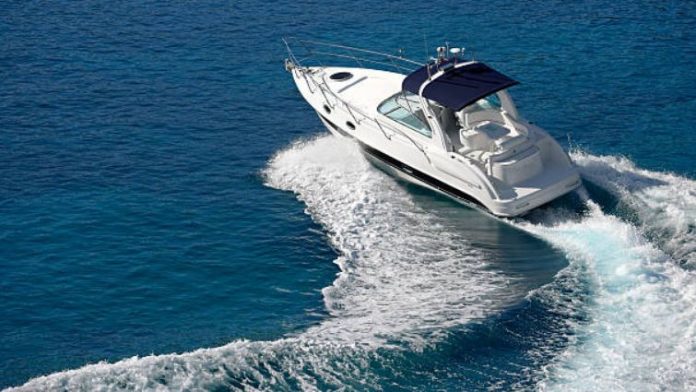Buying a boat is often part of many a man’s dreams. After all, a boat is second only to a private jet when it comes to flaunting your wealth and declaring your superior social status to the world.
But now that you have saved and scrounged and are ready to buy that dreamboat, we have some boat buying tips for you.
Before you spend a sizeable amount of your hard-earned money on it, here are some factors you should consider.
a) First, consider the type of boating you intend to use your new boat for. This is very important because many people buy a boat that doesn’t fit their needs.
The nature of the water and the climate also has to be considered. If you want to go for boating in small, sheltered bodies of water, a small but good boat will suffice.
In a colder climate, get a boat that offers more protection. In warmer climates, get an open boat with shade.
b) After zeroing in on the type of boat, think about whether you want to buy a new or a used one. A used boat will obviously cost less and will probably be customized to accommodate more accessories, but you may have to bear the expense of repairing and upgrades.
On the other hand, you get a new boat with a full warranty, which nevertheless depreciates from the moment the boat leaves the showroom. In fact, the best places to buy new boats are boat shows. You can find and check various models at the same time.
Boat Show Specials can also serve your purpose. If you opt to purchase a used boat, shop by browsing classified ads found in newspapers, magazines, and websites.
c) After you have found an interesting used boat, call the U.S. Coast Guard and check for manufacturers recalls for that particular model.
Obviously, if you find that a model has been recalled, you need to check whether the recall is in effect at the time of your purchase.
Second, you must check with the owner to see whether the defect that led to the recall has been repaired. Also always check for original sale documents and beware if they are not produced.
d) When inspecting the engine of the boat, watch out for the following warning signs:
– Oil in the bilge indicates a leak
- A lubricant leakage is most obvious around gaskets, hoses and freeze plugs
- Engine fittings such as hoses and belts should not show more than normal signs of wear and tear. In other words, check for unusual fissures and brittleness
– Check to see if there is oil in the gear case
– If the drive, rudder or propeller have hit submerged items, the clues should be obvious to spot, so check these areas carefully
e) Once you finish with the engine, run the following checks:
– Operate the steering and throttle controls by going on a test run. Any loose cables and connections should immediately become apparent
- As a thumb rule, operate all electronic systems on the boat, from a simple light switch to the radio to the computer-programmed dashboard. In other words, wherever you see a toggle or switch, fiddle with it!
- This is particularly true of used boats, but in any case, check to see that no accessories could be an extra bunk bed or a staircase rail are coming loose from their fittings
- We’re sorry if we sound obvious, but you absolutely must check the rigging, sails, and fuel tank. And the upholstery mind you check for holes and burst seams
Check if the propeller shaft and rudder stock are straight
e) Always go for a test trial on your boat. Check and see if the engines are already warm before you turn on the ignition, because that may be a sign that the previous owner has secretly warmed it up to hide a possible ignition problem.
Always inspect the bilge at the beginning and end of the trial for oil leaks. If you are on a sailboat, raise the sails and check to see how the mast takes the full load.
f) We’ve left the most important aspect for last the price. Once you have done the trial run and think the boat is worth buying, begin the bargaining process.
Remember, it is not always a given that a boat’s market price will remain the same regardless of its condition. You can always claim discounts on the basis of your sea trial.
Once you have fixed the final price, you must form a written agreement with the seller. The agreement should include payment terms, a detailed description of the boat including all accessories, a record of repairs that will have made and who will pay for them, and all similar relevant clauses that you deem essential.
If necessary, consult a marine law expert before signing the agreement.

